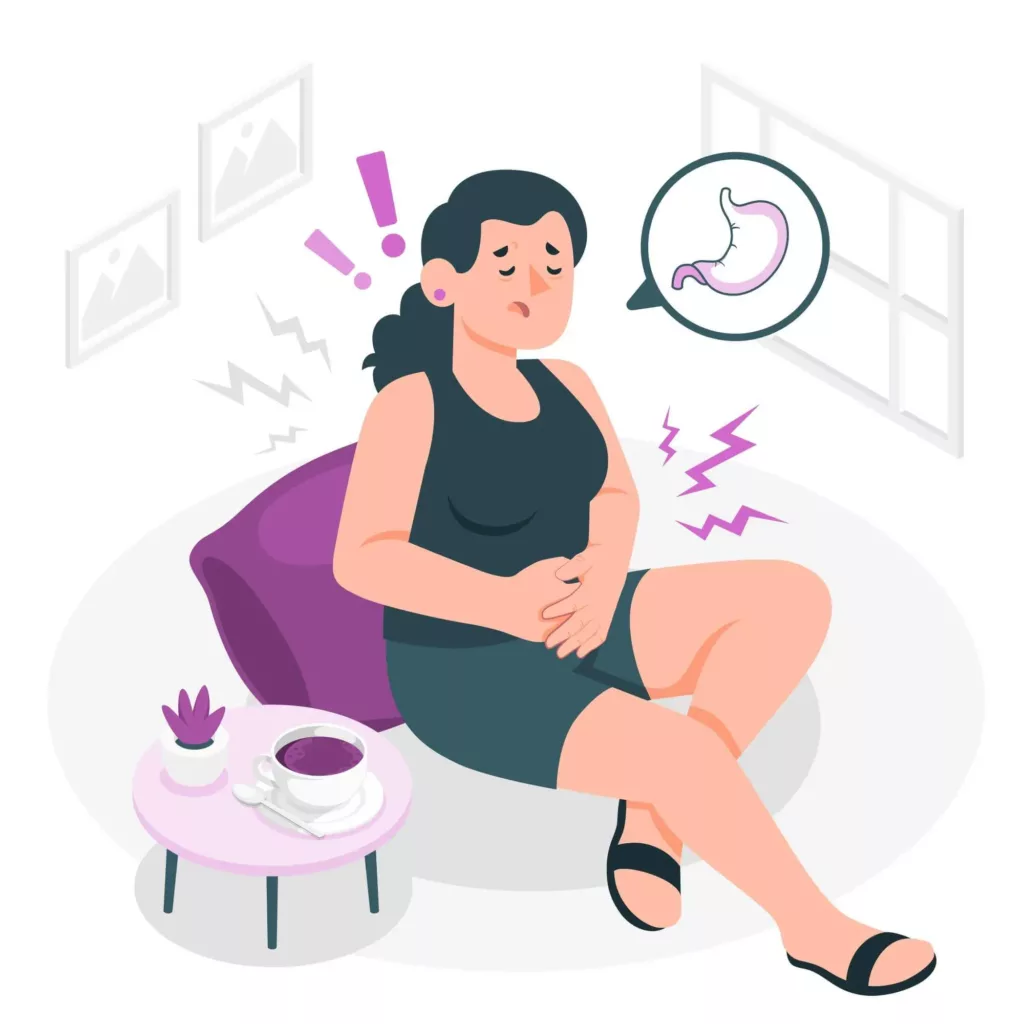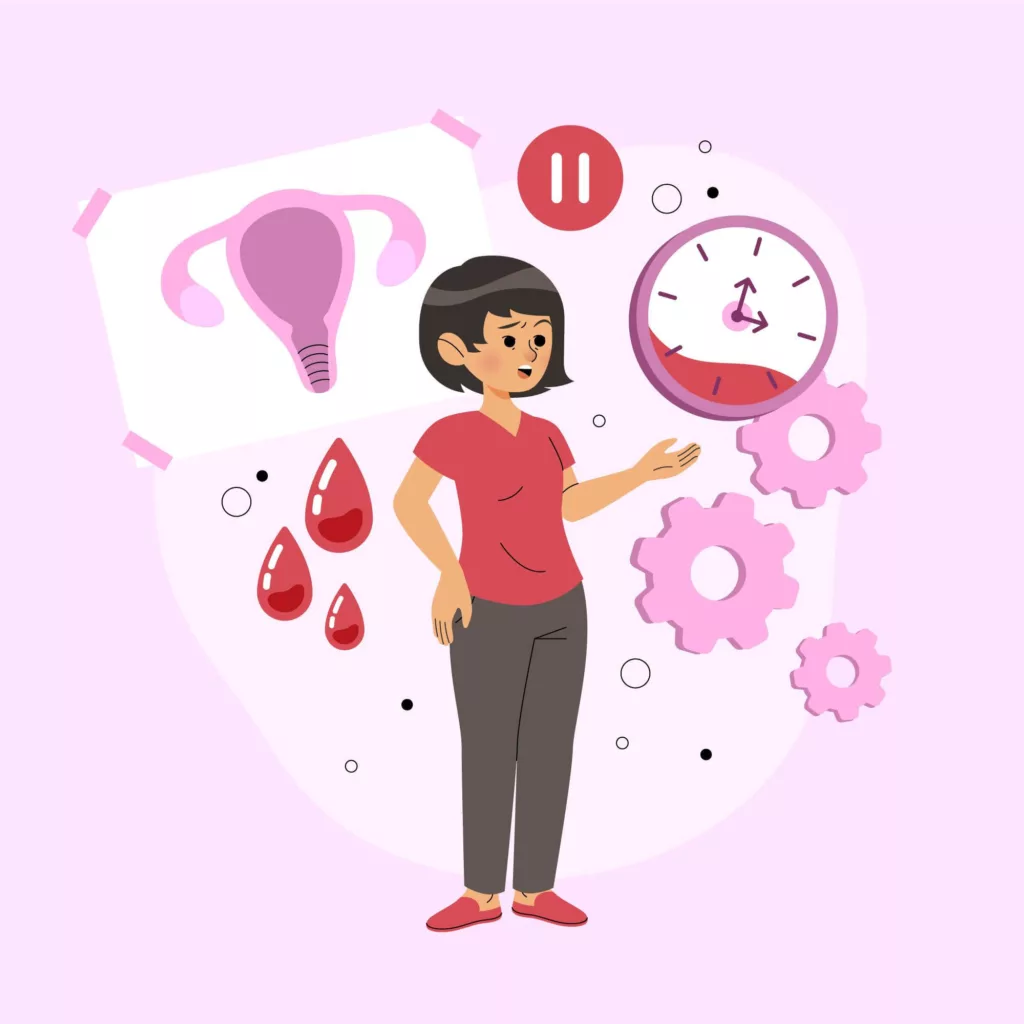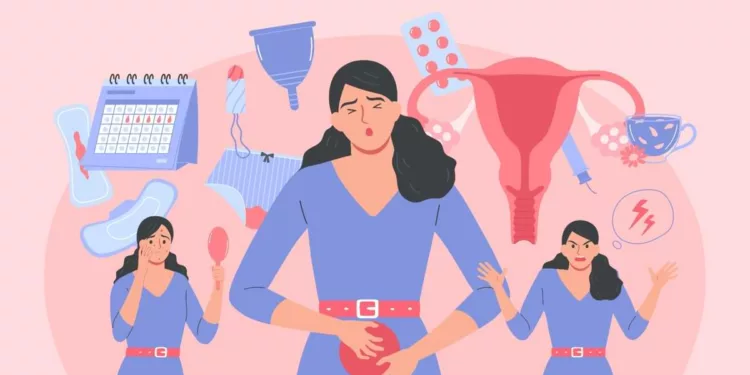Polycystic Ovary Syndrome, or PCOS (PCOSCO), is a very common term we hear in today’s era. Almost every 1 in 5 women has been suffering from this syndrome.
The exact reason behind this syndrome is not known; however, it has been stated many times that it might be happening mainly because of the lifestyle these days.
PCOS is one of the common diseases in the age group of women, where they are likely to be conceiving. This disorder is directly related to the cysts that can be developed in ovaries.
In this condition, several small blisters take place on the outside of the ovary. In simple terms, these fluid-filled blisters are called cysts, which contain immature eggs and further fail to release them regularly.
This can further lead to several major illnesses, such as heart disease, diabetes, pregnancy complications, and many more.
While people understand the PCOS condition well, there is a term called PCOSCO which is also very critical. Have you ever thought about what exactly this term is? In this article, we are going to discuss “PCOSCO along with PCOS”. Read on to know more!
What is PCOSCO?
It is a short form for the complications or comorbidities resulting from Polycystic Ovary Syndrome (PCOSCO). These are mainly considered conditions that can further take place because of this hormonal imbalance and the development of cysts in the ovaries.

It also affects physical well-being along with mental health. This common endocrine disorder can invite many further complications to your health.
It is really important to understand what these complications can lead to and how you can save yourself if you are detected with PCOS.
Furthermore, you can also go for a full body check-up to ensure that everything in your body is fine and move forward with the treatments accordingly.
Complications Arise From PCOS
PCOS is commonly linked with several complications that might occur if the right measure of treatment is not adopted. These comorbidities that emerge alongside PCOS are discussed as follows.
Cardiovascular Disease
The PCOS condition can play a vital role in developing heart diseases and high blood pressure. It can also lead to heart stroke if not controlled on time.
There is a higher risk of the development of cardiovascular disease in those women who are affected by PCOS.
Insulin Resistance and Type 2 Diabetes
The next complication PCOS women might face is diabetes if not treated properly. Women who have PCOS hold a chance of high insulin resistance.
According to some sources, 30% to 40% of women who are suffering from PCOS also have insulin resistance. Insulin Resistance can also further become a major reason for Type 2 Diabetes.
Endometrial Cancer
Women suffering from PCOS are at a higher risk of endometrial cancer, which affects the lining of the uterus.
Extended exposure to the endometrium to unopposed estrogen due to ovulation significantly contributes to the heightened risk of malignancy.
Non-Alcoholic Fatty Liver Disease
Women with PCOS also risk developing Non-Alcoholic Fatty Liver Disease (NAFLD). It is a condition in which fat is accumulated in the liver.

Obesity
Another complication that a PCOS woman faces is getting overweight. Normally, women with PCOS are possibly obese. They also face difficulty losing weight because of this condition, leading to period irregularities and infertility.
Sleep Apnea
Polycystic Ovary Syndrome can increase the risk of sleep apnea. It is a condition where a person’s breathing stops and starts during sleep.
Depression and Anxiety
PCOS also increases the chances of anxiety and depression, which negatively affects a woman’s quality of life.
Infertility
Irregular Ovulation caused by Polycystic Ovary Syndrome (PCOS) leads to Infertility. The hormonal disturbances caused by PCOS affect egg development and release from the body. It means that women with this syndrome face problems during pregnancy.
Symptoms of PCOS
Women with PCOS face several symptoms that show deterioration of health. Some of the visible symptoms of Polycystic Ovary Syndrome (PCOS) are Irregular Menstrual Periods, excess hair, heavy periods, acne, difficulty in conceiving, pelvic pain, and patches of thick, velvety, and darker skin.

Are PCOS and PCOD the same?
People usually confuse Polycystic Ovary Syndrome (PCOS) with Polycystic Ovary Disease (PCOD). Both terms are related to Ovarian and show the same symptoms; however, there is a huge difference between them.
PCOS is an endocrine problem, and it directly affects the eggs. Here, the eggs turn into fluid-filled cysts in the ovaries, which affects the menstrual cycle. On the other hand, PCOD is a hormonal disorder that can easily be recovered with slight lifestyle changes.
What is the Right Time To Seek Medical Attention?
If you face any symptoms of PCOS, you should consult your doctor. I do not think it will improve if I take random medicine or follow some homemade skin care remedy.
As this ailment is related to your gut, you should strictly seek a gynecologist as soon as possible and begin with the prescribed medicine or treatments as advised.

The Bottom Line
It is important to note that not all women with PCOS will develop these comorbidities. Lifestyle changes and medical treatment are required to help manage and reduce the risks of these conditions.
The comorbidities associated with Polycystic Ovary Syndrome (PCOSCO) will only be recovered when proper treatment and lifestyle changes are made. We hope this can now clear your doubt about the complications of PCOS.

